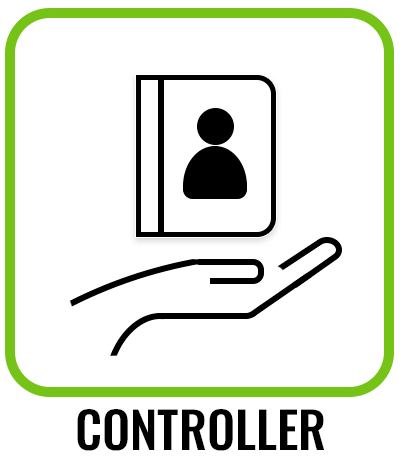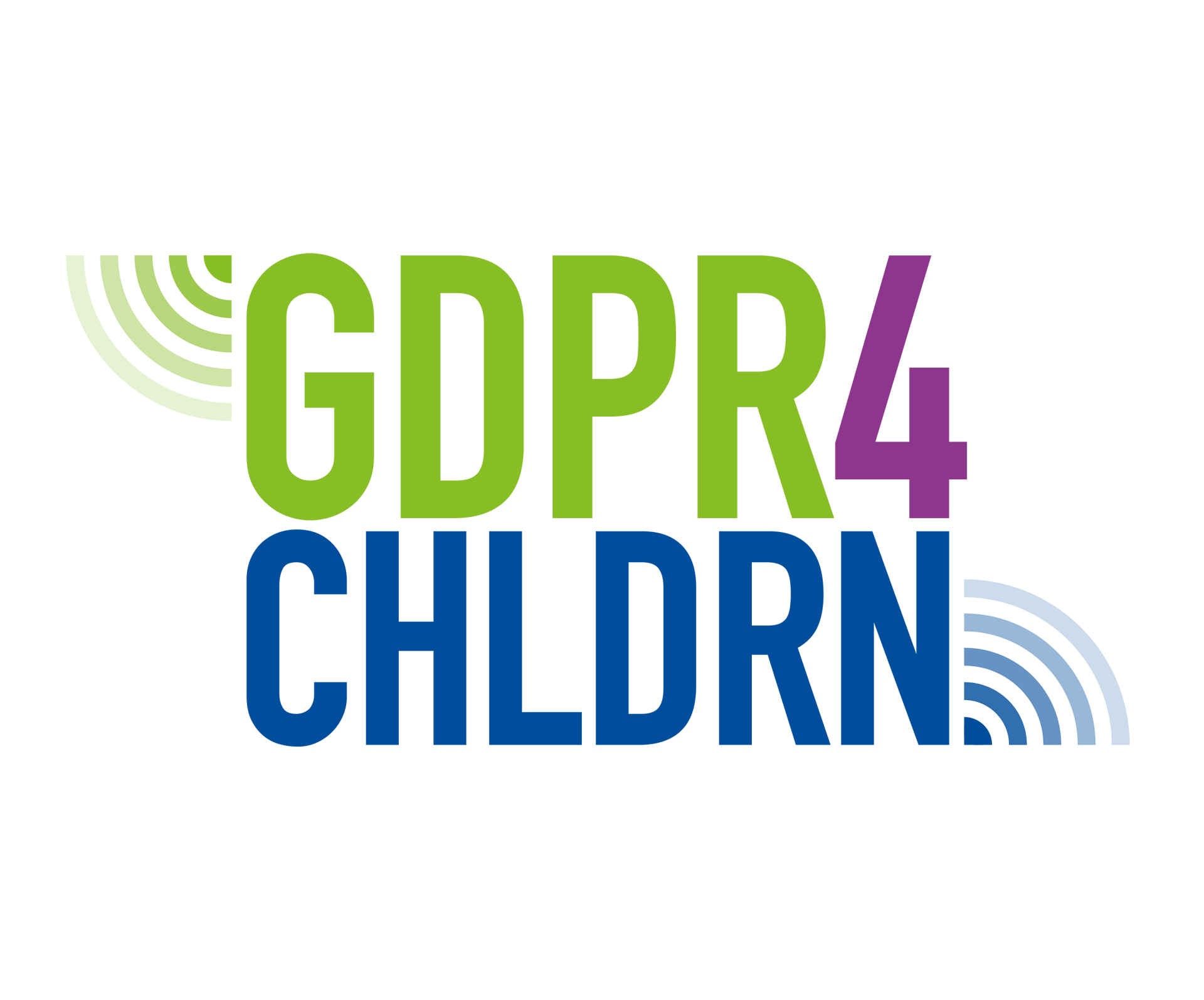1. Fulfil the participants’ data protection rights


‘Data protection rights’ mean the rights related to processing that the data subject has in respect of the controller processing their personal data. When a hobby organiser processes personal data as a controller, it must ensure that the data subjects’ data protection rights are fulfilled. Data protection rights include the participant’s right to access their data and to have inaccurate data rectified. The hobby organiser must make it easy for participants to exercise their data protection rights and tell the participants how they can do so.
Data subjects have the following data protection rights:
a. Right to obtain transparent information on the processing of their personal data
The data subjects must be informed of the processing carried out by the hobby organiser, and this information must be provided in clear and intelligible form.
b. Right of access to one’s data
Data subjects have the right to receive confirmation from the controller whether it is processing personal data concerning them. If the data subject’s personal data is being processed, the controller is required to supply a copy of the processed personal data to the data subject.
c. Right to the rectification of data
Data subjects have the right to demand that the controller rectify inaccurate personal data concerning them. Data subjects also have the right to have incomplete personal data completed.
d. Right to the erasure of data and to be forgotten
In certain situations, the data subject has the right to have the controller erase the data concerning them without delay. In some circumstances, participants have the right to have their data erased. However, the hobby organiser may sometimes have the right to keep or publish the data even though the member has demanded that they be erased. The hobby organiser may be required to keep the data for a certain period to comply with the law, for example.
e. Right to the restriction of processing
A data subject can request the controller to restrict the processing of personal data concerning the data subject. This means that, apart from storage, the personal data subject to the restriction may only be processed with the data subject’s consent, in connection with a legal claim, to safeguard the rights of another person, or for an important public interest.
f. Right to data portability
A data subject has the right to receive the personal data which they have provided to a controller in a structured, commonly used and machine-readable format, as well as the right to transmit that data to another controller should they wish. The data subject has the right to have the data transmitted directly from one controller to another, where technically feasible.
g. Right to object to the data processing
In certain situations, the data subject has the right to object to the processing of their personal data, that is, request the controller not to process it at all. If the data is being processed in the public interest, in the exercise of public authority vested in the controller, or for pursuing the legitimate interests of the controller or a third party, the data subject can object to the processing on grounds relating to their particular situation.
h. The right not to be subject to a decision based solely on automated processing
The data subject has the right to demand that decisions concerning them are made by a human.
The contact details of the hobby organiser or person responsible for fulfilling the rights of the data subject must be easy to find. You do not need to give the name of a specific individual in the contact details. For example, you can provide just an email address (e.g. dataprotection@sportsclub.eg) that the person responsible for data subjects’ requests has access to.
The extent of the rights of the data subject depends on the basis of the processing. If the basis is the controller’s legal obligation, the public interest or the exercise of public authority, the rights of the data subject are more limited than in processing based on agreement, consent or the controller’s legitimate interest.
The rights of the data subject do not always apply to all personal data. For this reason, it is important to consider how the rights and requests of data subjects will be fulfilled in practice.
If a hobby organiser processes the personal data of a child or adolescent, it must take into account that the minor’s custodian may also have the right to exercise the minor’s data protection rights on their behalf. On the other hand, minors also have the right to their own data, and it may not be permitted to disclose their data to their custodians in every case.


